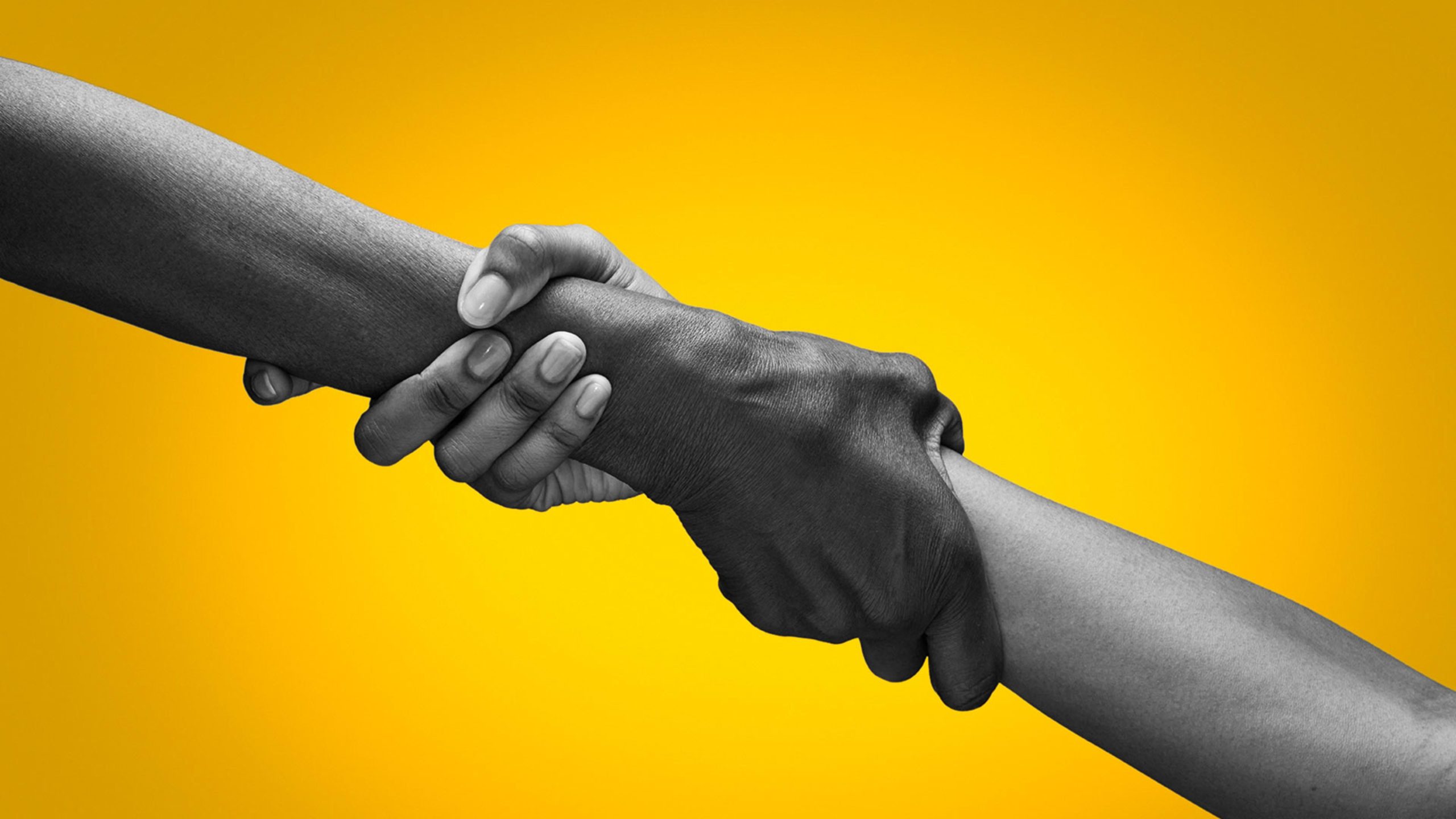Provide a hand up to address wealth disparity in America
Provide a hand up to address wealth disparity in America
Businesses owned by Black and marginalized community members need capital and tools to level the playing field.
The American dream of business ownership seems frustratingly out of reach for many Black Americans. At the current rate, it would take centuries (256 years, to be exact) to bridge the gap between the Black population and Black business ownership. In fact, according to the Federal Reserve’s Survey of Consumer Finances, the country’s racial wealth gap increased by $49,950 from 2019 to 2022. This imbalance highlights a system riddled with barriers that widen racial wealth divides.
It also raises important questions. Are these businesses receiving the resources they need to flourish, or are they navigating a challenging landscape independently? Is the system evolving to create a more inclusive environment for Black entrepreneurs, or are they overcoming obstacles through sheer determination?
Unfortunately, the answer is typically the latter. The dream of securing funding often remains elusive for startups founded by people of color. Despite being just as likely (and in some cases, even more likely) to apply for loans, they face significantly lower approval rates from banks and lenders than white-owned businesses, according to the Federal Reserve. This disparity persists even though these startups have just as much potential for future growth, with many expecting to add employees in the coming year.
A deeper look is needed to understand if progress can be made with typical financial support.
Stories of hope
In this country, the entrepreneurial journey is often seen as a golden pathway to personal and economic freedom. Yet, for too many in marginalized communities, this path is littered with obstacles that make success feel just out of reach. This is where the vital work of organizations that can think outside the box comes into play. Organizations that can offer a lifeline through resources like financial support, mentorship, and business advice to even out the odds. People who are willing to give a hand up and not a handout.
For instance, take the story of Kizzy Williams. She started with one restaurant in Albany’s Arbor Hill neighborhood, and this year, with a hand up, is expanding to include two new ventures that will serve her community. This success vividly illustrates what happens when potential meets opportunity. Kizzy, a driven entrepreneur in her own right, is a testament to the power of unleashing potential within underserved communities and how nurturing entrepreneurial talent with the proper support can spark a ripple effect for entire communities to thrive.
Level the playing field
Providing financial assistance to local businesses that do not have access to traditional financing certainly has its place. But unlocking access to a wide range of non-monetary resources is equally essential to overcoming a wealth disparity that has become all too familiar throughout the United States. Such resources are arguably even more important when we recognize that disparities are virtually never due to a lack of talent and drive to enact change among those impacted.
Through my work at Business for Good, we have built a model for change not just around fundraising for local businesses, but around providing 360° support, including previously unavailable access to everything from creative marketing and web services to relevant business connections and professional mentorships. Since launching our pilot program in Albany and the greater New York Capital Region three years ago, our recipients’ ability to transform these opportunities confidently and swiftly into measurable and sustainable growth has been beyond encouraging.
As I mentioned, Kizzy is far from the only example of success. Within the first year of gaining access to creative services and advanced e-commerce, Blooms by Marie boosted revenue by up to 25%. Additionally, there’s the case of Wallace Turner Law, Albany’s first female, Black-owned law firm, which has become one of the most sought-after firms in the region since the integration of marketing support and access to Business for Good’s extended business network.
We are continually inspired by the sheer depth of ambition and untapped potential from the entrepreneurs and organizations we work with daily. It has become clear that an unlevel playing field, marked by social inequity and a resulting lack of access to basic resources, is the primary obstacle to their ability to succeed both today and into the future.
Reimagine business as a seed for social change
The wealth gap between the rich and the poor is still widening at an alarming rate. This is why those in a position to make a difference must begin to recognize the hardships millions of underserved Americans face, which will not be resolved without some novel approach.
As to what that approach should look like, it will begin with a significant shift in how we view the issue of wealth disparity and the individuals and communities it disproportionately affects. Rather than merely providing financial support where we feel it is lacking, we should be looking to identify the potential that exists inside every impacted community. We should empower those with the right entrepreneurial spirit with the tools needed to succeed, not only on an individual level, but with leveraging their businesses as a seed to uplift their neighbors and create meaningful, sustainable social change.
The Business for Good program is meant to be a pilot that can and should be replicated in communities across the United States. By taking our successful blueprint, you can work to ensure that the American dream of successful business ownership becomes a reality for all, not just a select few in your local neighborhoods. Let’s work together to provide the “hand up” that aspiring entrepreneurs need.
Connie Frances Avila is chief marketing officer of Business for Good.
(11)



